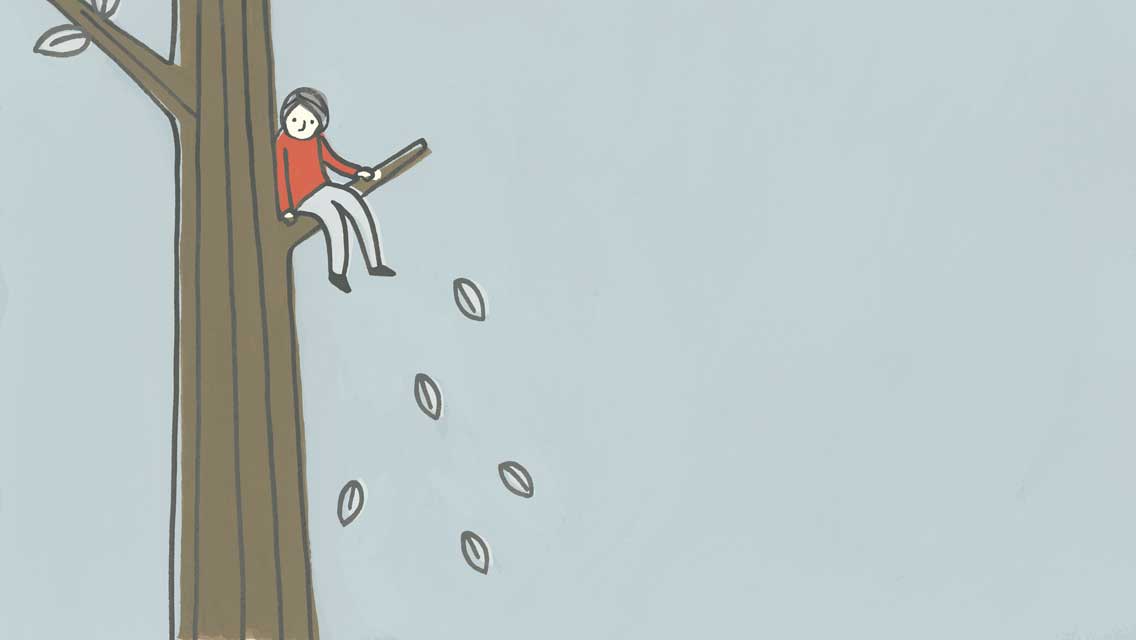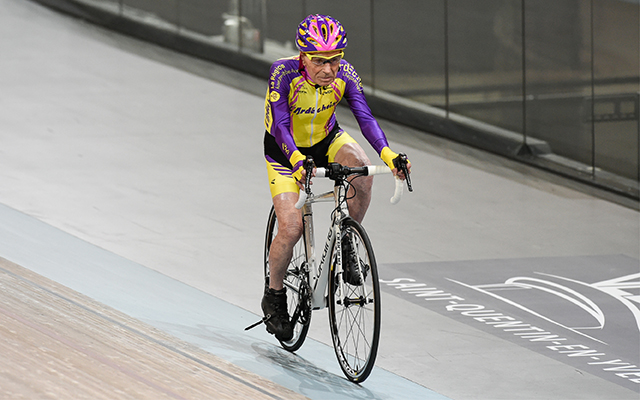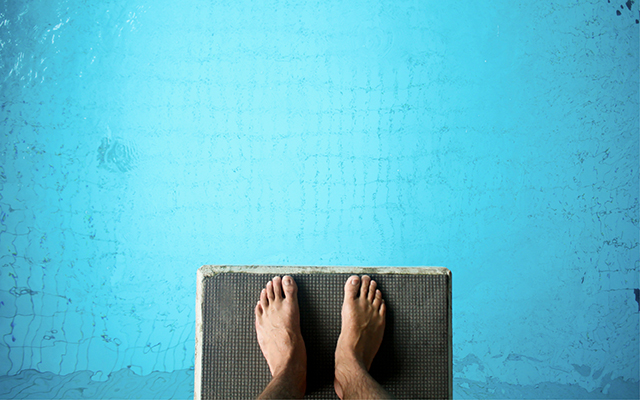The snow has arrived, the mercury has plummeted, and my bicycle has retired to the relative comfort of the garage. The walking season has begun.
For the next couple of months, I’ll be ambling across the bridge and up the hill to the office, an exercise that taxes my creaky knees while freeing my aging brain to descend into reveries that tend not to be prudent while pedaling a bicycle. So I was pleased to open a Christmas package from My Lovely Wife (who understands such things) and find a volume by French philosopher Frédéric Gros called A Philosophy of Walking.
This is not a book about aging, except it is. Gros wants his readers to learn to appreciate all the ways in which walking can enhance the experience of living and, perhaps by accident, he’s delivered a few reasonably profound insights on how to grow old gracefully — in motion.
On the concept of time, he writes:
“Days of slow walking are very long: They make you live longer, because you have allowed every hour, every minute, every second to breathe, to deepen, instead of filling them up by straining the joints. . . . Slowness means cleaving perfectly to time, so closely that the seconds fall one by one, drop by drop, like the steady dripping of a tap on stone.”
On my 25th birthday, I climbed aboard a train and traveled to Glacier National Park, where I endeavored to walk from the west edge of the park to the east. Gros would’ve been a helpful companion at the time, because I was too young to appreciate the collapse of time that 10 days in the wilderness represented. I came home feeling older rather than younger. Not because I had gained some wisdom, but because I’d been so focused on making it from Point A to Point B without getting eaten by a grizzly. As a result, I probably missed a good deal of what Gros would have us all experience. (Though I still count it as a major life accomplishment to have left the park in one piece.)
I would have a completely different experience if I were to repeat that trip today — magnificent personal insights combined with really painful joints.
But that would be OK, says Gros, who views walking in the same way as I see aging: an opportunity to move beyond the expectations and striving of youth.
“Because there’s no need to be anyone, you can just succumb to the passage of a current, or rather to that persistent rivulet of existence. . . . In this way, in these walks, you conceive an affection for yourself. You forgive yourself, instead of making excuses. Nothing left to lose, you just keep walking. And everything, all around, takes on this new face: indulgence for the fearful, hiding bird, for the fragile wilting flower, indulgence for the thick foliage. For, once you no longer expect anything from the world on these aimless and peaceful walks, that is when the world delivers itself to you, gives itself, yields itself up. When you no longer expect anything. All is then bestowed as a supplement, a gratuitous favor of presence, of being there.”
Ambling through late middle age, I find myself increasingly aware of the youth around me and how much of life lays before them — milestones, challenges, and joys I’ve long since visited. And, like Gros’ indulgence for the thick foliage, I can’t help but root for them. Been there, done that: You can too.
In a way, I guess I’m beginning to accept my own mounting irrelevancy in the world. The kids are off on their own, career and life goals have been mostly achieved (at least the ones that really matter), and what I used to think of as “the point of it all'” has come into sharper focus.
So tomorrow morning I’ll pull on my boots, hoist my backpack and stride down the alley, up the street, across the river, and up the hill, doing my best to take it all in — one step at a time.



This Post Has 0 Comments